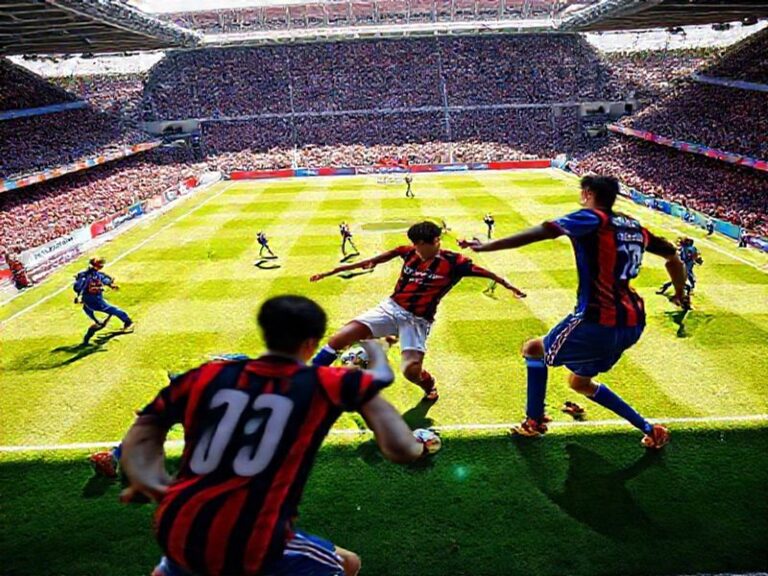From Siberia to Silicon Prairie: How Kirill Kaprizov Became Hockey’s Hottest Geopolitical Arbitrage
If you squint past the glare of the Zamboni’s headlights and the polite Scandinavian hush of Minnesota’s Xcel Energy Center, you’ll spot the same phenomenon that’s unfolding in Singaporean data centers, Congolese cobalt pits, and every Swiss banker’s encrypted inbox: raw, uncut Russian talent being vacuumed westward before the motherland figures out how to bolt the doors. The latest exhibit is Kirill Kaprizov, 26, a Siberian left-winger who defected to the NHL just in time for the Cold War’s nostalgic reboot.
To understand why a single hockey player can make hedge-fund managers in Mayfair twitch, consider the global supply chain of elite athletes: it mirrors the illicit art market—opaque, wildly over-leveraged, and lubricated by geopolitical panic. When Kaprizov signed a five-year, $45-million extension with the Minnesota Wild in 2021, it wasn’t merely a sports transaction; it was an offshore diversification strategy. The Wild’s owners, the billionaire Leipold family, suddenly owned a slice of human capital whose value is inversely proportional to the ruble. Every time Putin rattles a saber, Kaprizov’s Q-rating in the West climbs like uranium futures after a reactor hiccup.
Europeans, who treat North American sports the way Americans treat cricket—polite curiosity mixed with moral superiority—have begun noticing the ripple effects. Finnish and Swedish clubs, already hemorrhaging teenagers to the NHL’s siren song, now compete with the specter of conscription. “Why wait for the draft board when you can get drafted by Minnesota?” quips a Stockholm-based scout between swigs of aquavit. Meanwhile, the KHL—once the Kremlin’s velvet-gloved propaganda arm—has resorted to signing Belarussian players nobody’s heard of, a bit like Netflix green-lighting a spin-off starring the coffee guy from Friends.
In Asia, where hockey is what polite people watch between bouts of Olympic figure-skating drama, Kaprizov’s highlight reels loop on Tencent’s sports channel under the chyron “Russian Rocket Defies Gravity—And Sanctions.” Chinese conglomerates, still licking wounds from their own capital-flight crackdowns, watch wistfully: here is a movable asset that can’t be seized by customs officials at Sheremetyevo. Hong Kong brokers now list “athlete defections” as an emerging asset class, right after carbon credits and right before water futures.
The darker punch line, of course, is that Kaprizov’s escape hatch may be closing. Russian authorities recently floated a law requiring expatriate athletes to surrender eight percent of foreign salaries to the state—call it a “patriotism tax,” because “extortion” sounds so Soviet. Should Kaprizov ever need to renew his passport inside the Federation, he might discover that exit visas have become entrance fees. The irony is thicker than borscht: a player nicknamed “The Siberian Sniper” could become a geopolitical hostage, traded not for draft picks but for aluminum concessions in the Urals.
Yet the Wild’s front office sleeps soundly under their fleeced-lumberjack blankets. Why? Because in the post-rules world order, possession is ten-tenths of the law. Once Kaprizov’s skates touch Minnesota ice, he’s effectively a human bearer bond skating in circles. The only remaining risk is reputational: sponsors dislike headlines that pair “star winger” with “sanctions evasion.” Fortunately, American consumers have the moral memory of a goldfish with ADHD; slap a camouflage jersey on him for Veterans Night and voilà—patriotism restored.
Conclusion: Kirill Kaprizov is not just a dazzling winger who scores goals that make goalies question their life choices. He is a walking, stick-wielding metaphor for the 21st-century talent arbitrage that keeps late capitalism’s heart beating irregularly. From Moscow boardrooms to Manhattan marketing suites, his every stride renegotiates the price of freedom, the cost of empire, and the absurdity of a world where a kid from Novokuznetsk can be weaponized, monetized, and lionized—all before his first cup of morning coffee. Somewhere, a Swiss banker updates a spreadsheet cell labeled “Human Derivatives” and smiles. The game, as always, goes into overtime.







